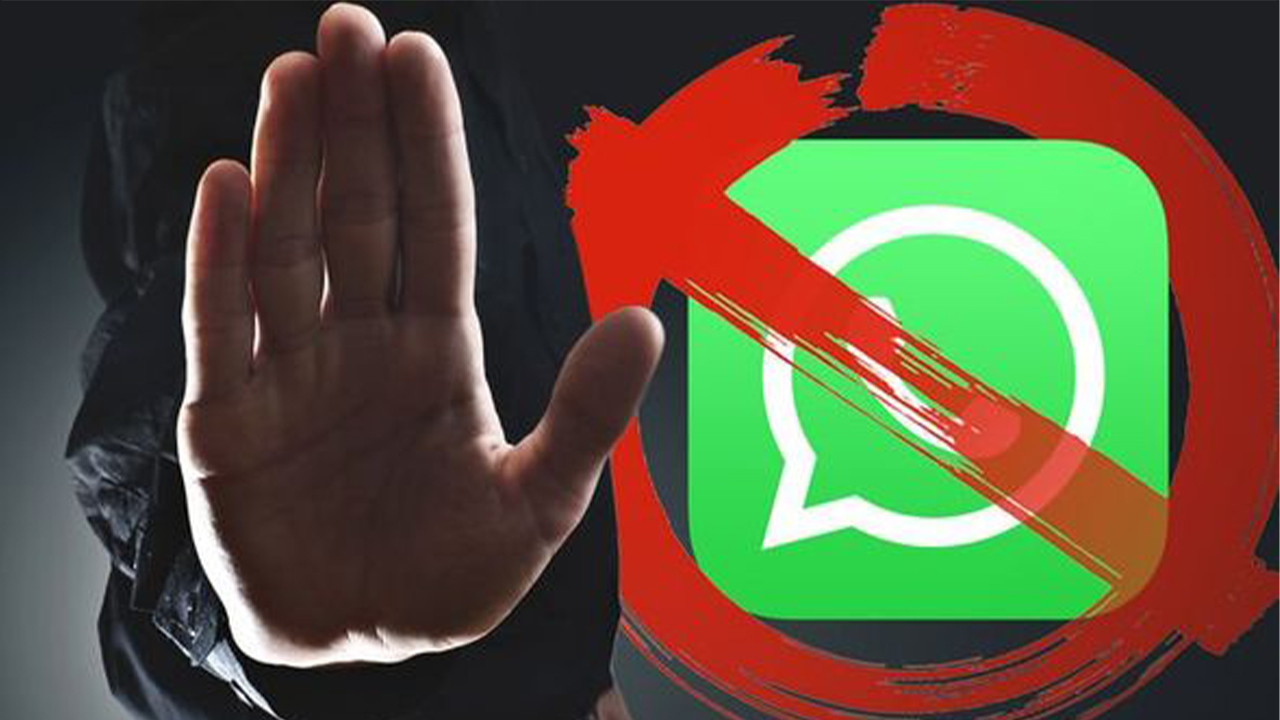WhatsApp may face a ban in the United Kingdom as the platform’s president, Will Cathcart, has refused to comply with requirements in the Online Safety Bill that include banning end-to-end encryption. Cathcart made this announcement during a visit to the UK, where he is expected to meet with lawmakers to discuss the country’s flagship internet regulation. Here are the details…
UK considers banning WhatsApp as company refuses to compromise on user security
Cathcart referred to the bill as the “most concerning” law currently being debated in the Western world. He stated that “some countries have chosen to block it. For example, we were blocked in Iran recently. But we’ve never seen a liberal democracy do this. The reality is that users around the world want security. 98% of our users are outside the UK. They don’t want us to weaken the product’s security, and it would be a strange choice to choose to weaken the security of the product in a way that affects 98% of users.”

The debate centers around WhatsApp’s end-to-end encryption, which ensures that messages remain between the sender and receiver and cannot be decrypted by anyone else. This feature has sparked controversy in cases of child abuse or counterterrorism, where courts have requested WhatsApp to provide relevant messages. However, WhatsApp maintains that messages between individuals are end-to-end encrypted and cannot be accessed by anyone other than the sender and receiver.
Cathcart also noted that the UK government already has the power to demand the removal of encryption under the Investigatory Powers Act of 2016, but WhatsApp has never received a legal request to do so. He expressed concern over the “gray areas” of the Online Safety Bill, which could broaden the government’s powers to enforce content moderation policies that would be impossible for WhatsApp to comply with.
Under the bill, the UK government or Ofcom (the UK communications regulator) could require WhatsApp to implement content moderation policies that are impossible to enforce without removing end-to-end encryption. If the company refuses, it could face fines of up to 4% of its parent company Meta’s annual revenue, unless it withdraws completely from the UK.
Cathcart also highlighted that similar legislation in other jurisdictions, such as the EU’s Digital Markets Act, explicitly support end-to-end encryption for messaging services. He called for similar language to be added to the bill before it becomes law. It remains to be seen whether the UK government will compromise on its position or WhatsApp will withdraw from the UK.














